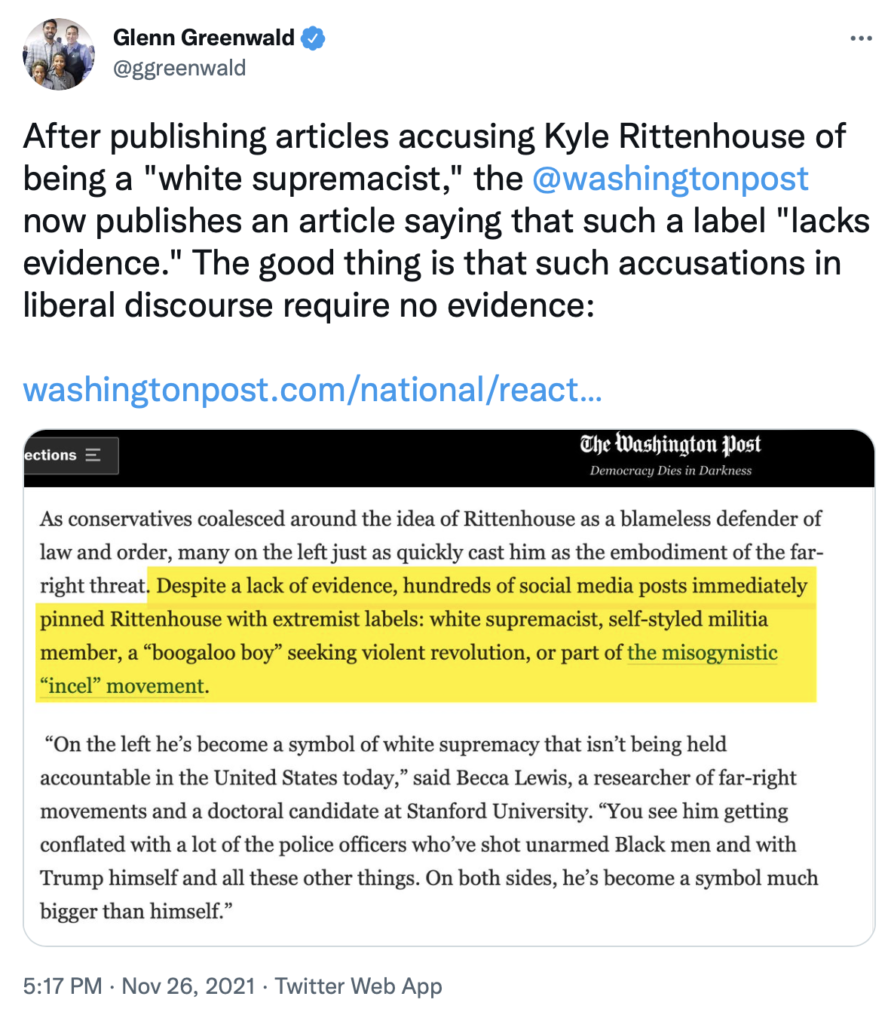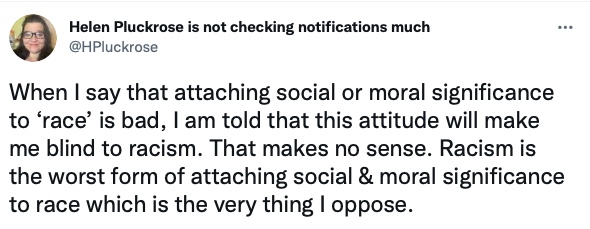Another Lament about Fake News
Several years ago, I distrusted the phrase "fake news." It was often uttered by Donald Trump, for whom I have almost no respect.
I’m convinced that the great majority of us act rationally based upon the information to which we expose ourselves. If we are exposing ourselves only to false information, however, we will believe and act “rationally” based on that false information. Once upon a time, I heavily relied upon NYT/WP/NPR/MSNBC, but am no longer able to freely trust these sources. These are big organizations with high-paid reporters, editors and purported fact-checkers. Over the past few years, despite all of this high-paid talent, I have seen each of these organizations blatantly and proudly trumpet false information. I’m not claiming that everything these outlets publish is false. Far from it. They are all big tents and they all publish many excellent articles. That said, they have failed so thoroughly and dramatically on so many high-profile stories in the past few years (including basic facts concerning Kyle Rittenhouse and Russiagate) that I have reset my default setting to “Suspicious” on their high-profile news stories, especially when the story could effect a national election.
And not only have each of these outlets published steady streams of false stories, each of them has intentionally suppressed important stories that run counter to their chosen narratives. Some of the biggest lies are told by writing statements that are completely true while simultaneously suppressing evidence that will put these “true” facts into a completely different frame (e.g., following the death of George Floyd, the above outlets refused to publish Harvard economist Roland G. Fryer’s 2019 statistical analysis on police shootings (Discussed by Sam Harris here), statistics that run counter some of the main narratives of the “defund the police” crowd. This is my introduction to Andrew Sullivan’s recent article, “When all the Media Narratives Collapse: In case after case, the US MSM just keep getting it wrong.” I have expanded on Sullivan’s article with my own.


